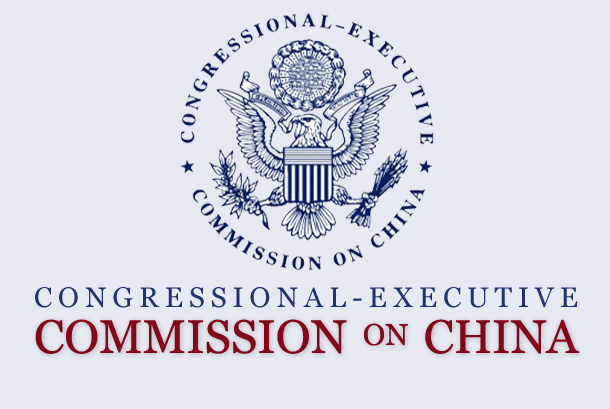
(TibetanReview.net, Oct08, 2016) – As a slowing economy brings the legitimacy of its rule into focus, the Chinese Communist Party (CCP) has been carrying out an ideological tightening within, leading to respect for human-rights and rule of law deteriorating markedly during the term of President Xi Jinping, said the US Congressional-Executive Commission on China (CECC) in its 2016 annual report released on Oct 6. The almost 80,000-word report raises long-festering issues such as repression of ethnic minorities in Tibet and Xinjiang, as well as the erosion of autonomy in the Special Administrative Region of Hong Kong.
On Tibet, the report expresses disappointment that there has not been a Sino-Tibetan dialogue since 2010 because of China’s insistence on “unreasonable and unattainable conditions in order for China to resume dialogue.” It says, “We consider this position counter-productive and contrary to the expectations of the United States and the international community. We support dialogue without preconditions.” The report states the United States “Administration and Congress should work together to press for unrestricted access to ethnic minority regions and to facilitate implementation of the Tibetan Policy Act of 2002, including establishing a diplomatic office in Lhasa, encouraging development projects that comply with the Tibet Project Principles, and urging renewed dialogue between Chinese government officials and the Dalai Lama’s representatives.”
The report also calls for continued US support for the exile Tibetan community and enhanced ties with its democratic institutions, saying: “Congress should continue to allocate funding for democratic leadership training for Tibetans, and Members of Congress and their staff should seek inter-parliamentary dialogues with Tibetan legislators to raise the profile, professionalism, and capacity of the Tibetan government-in-exile.”
On China as a whole, the report notes a broader corrosion of freedoms, encompassing a social and political reinforcement of the supremacy of the CCP under Xi’s leadership, with deleterious consequences for civil society, media freedom, labor rights and judicial due process.
“Xi has overseen a deterioration in human-rights and rule of law conditions in China marked by greater consolidation of his own power — leading some analysts to draw comparisons to Mao Zedong — through forced ideological conformity and the systematic persecution of human rights lawyers and defenders,” says the CECC report.
The CECC was established under the US-China Relations Act of 2000 and is mandated to monitor human rights and rule of law developments in China.


